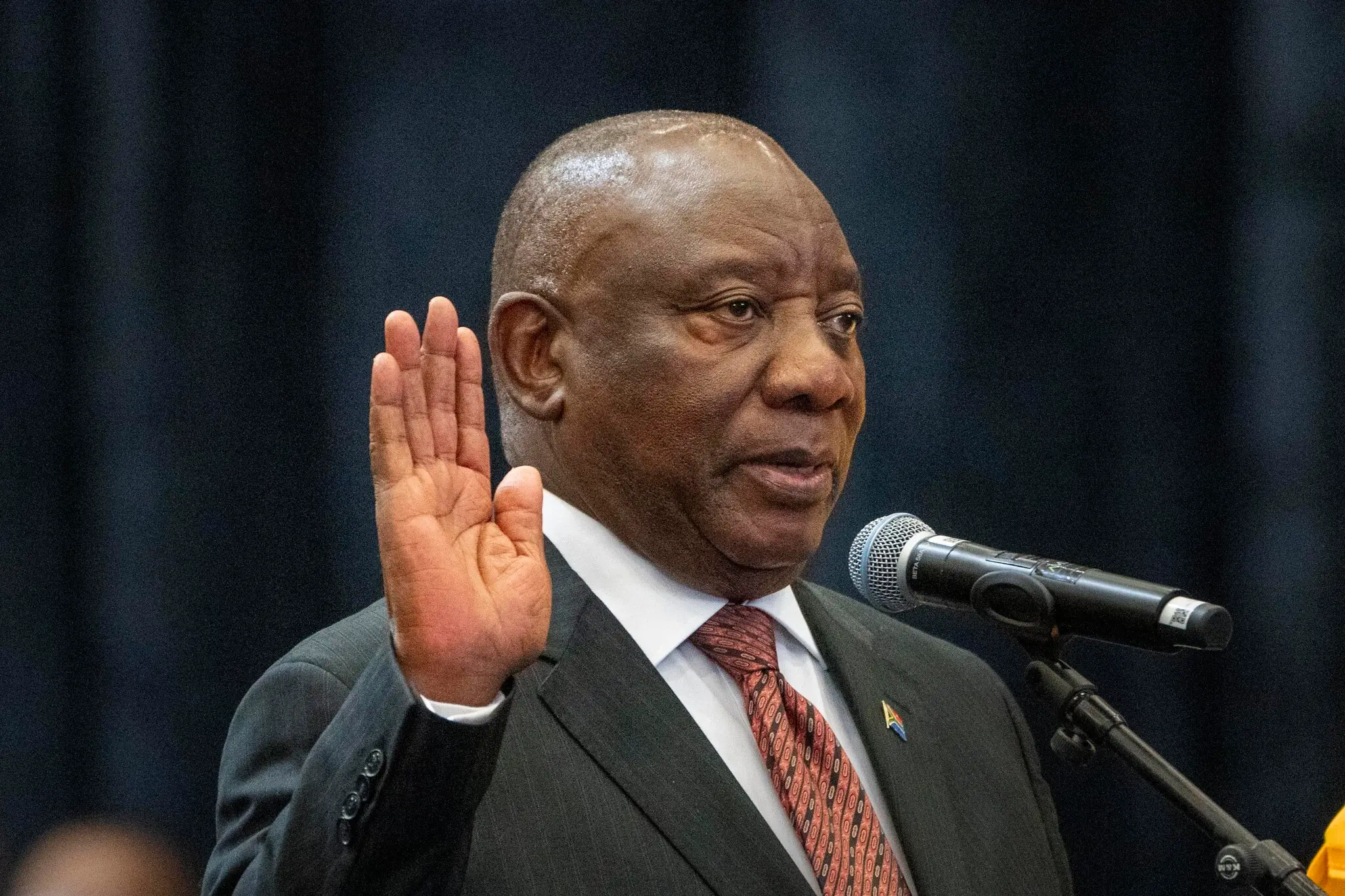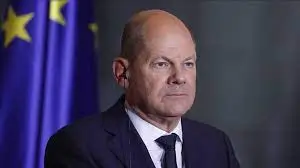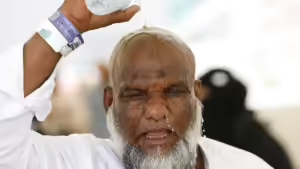South African President Cyril Ramaphosa has been re-elected for a second term after securing a majority vote in the recently conducted national elections. The result comes as a relief to many supporters of the ruling party, who had feared losing power due to growing discontent among the population.
The election campaign was marked by intense competition between the ruling African National Congress (ANC) and opposition parties, with both sides vying for control of South Africa’s government. However, with neither side able to secure an outright majority, negotiations for coalition deals were necessary to form a government.
Results of the Election
The ANC won a total of 230 seats in the National Assembly, securing a majority of 51.5% of the votes. This is a decrease from their previous result in 2019, where they had won 57.5% of the votes. Meanwhile, opposition party Democratic Alliance (DA) managed to secure 84 seats with 18.6% of the vote, while Economic Freedom Fighters (EFF) secured 44 seats with 9.7% of the vote.
The Role of Coalition Deals
With the ANC unable to secure an outright majority, coalition deals were necessary to form a government. The party negotiated with smaller opposition parties such as the Inkatha Freedom Party (IFP) and the United Democratic Movement (UDM) to secure their support and maintain power.
The IFP, who won 14 seats in the election, announced their support for the ANC after negotiations, citing their desire for political stability and continuity. Meanwhile, the UDM, who won six seats, also pledged their support to the ANC in exchange for policy concessions.
Challenges Ahead
Despite his victory, President Ramaphosa faces numerous challenges in his second term as South Africa’s leader. The country is facing high unemployment rates, a struggling economy, and widespread corruption within the government.
President Ramaphosa has promised to tackle these issues head-on, vowing to create job opportunities and crack down on corruption. However, his ability to fulfill these promises will depend heavily on the cooperation of his coalition partners and effective governance within the ANC itself.
Conclusion
The re-election of President Cyril Ramaphosa for a second term brings much-needed stability to South Africa’s government. With coalition deals in place, the ruling party can continue its efforts towards uplifting the country from its current challenges. However, only time will tell if President Ramaphosa can deliver on his promises and lead South Africa towards a brighter future for all its citizens.
For more such trending news, check other post at Trendingwork News.




